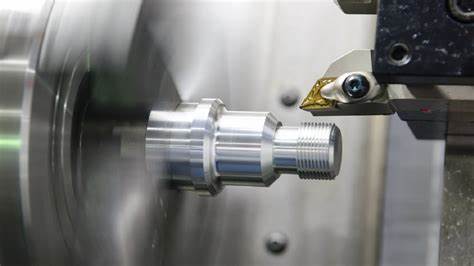Advantages of D2 Steel:
A Cut Above the Rest
When it comes to tool steels, D2 steel stands out as a true workhorse. Whether you’re a bladesmith crafting knives or an engineer designing precision cutting tools, understanding the advantages of D2 steel can elevate your work to the next level. Let’s dive into what makes D2 steel a cut above the rest.

1. High Hardness and Edge Retention Advantages of D2 Steel
One of the advantages of D2 tool steel is that it boasts of an impressive hardness rating, making it a favorite among knife enthusiasts and industrial tool manufacturers alike. With a Rockwell hardness of approximately 60-62 HRC, D2 maintains its edge even under heavy use. The Quality with high wear resistant and toughness properties due to an addition of 0.90% Vanadium. Whether you’re slicing through tough materials or performing intricate cuts, D2’s hardness ensures longevity.
2. Wear Resistance: A Must-Have for Cutting Tools
Imagine a cutting tool that retains its sharpness through countless tasks. That’s precisely what D2 steel offers. Its high wear resistance means less frequent sharpening or regrinding. It can be utilized as threading rolls and dies, icy trimming, cutting and stamping tools for sheet thickness’s up to 6 mm, high accuracy cutting instruments for sheet thicknesses up to 12 mm. Whether you’re machining metals, shaping wood, or fabricating plastic, D2’s wear resistance keeps you productive.
3. Tensile Strength: D2 Built to Handle Pressure
Yet another advantage of D2 steel is its tensile strength. It’s nothing short of impressive. It can withstand substantial loads without compromising its structural integrity.
On proper hardening, D2 steel exhibits low deformation. It can be heat treated to a hardness range of 55 and 60 HRC.
For dies, punches, and other industrial tools, this strength is crucial. When you need a material that won’t buckle under pressure, D2 steel delivers.
Watch D2 steel in action with heavy machining-click here.
4. Corrosion Resistance: Surprising for a Tool Steel
While D2 isn’t stainless, it surprises many with its corrosion-resistant properties. The secret lies in its 11-13% chromium content. This alloying element forms a protective layer, reducing the risk of rust and pitting. Keep in mind that proper care is still essential, but D2’s corrosion resistance is a welcome bonus.
5. Machinability: A Trade-Off Worth Considering
D2’s hardness comes at a price: reduced machinability. When annealed, it’s more workable, but machining hardened D2 requires specialized tools and techniques. However, the trade-off is worth it for the benefits it brings. Precision cutting tools, molds, and dies benefit from D2’s hardness, even if initial fabrication demands extra effort.
You can also get more technical information on D2 steel and our stocks, Click here.
6. Heat Treatment of D2 Steel:
Forging Temperature 1050 to 850°C
Annealing Temperature 800 to 850°C
Annealed Hardness BHN Max 234 BHN
Hardening Temperature 970 to 990°C
Quenching Media Oil/Air
Obtainable Hardness R.C. 63 to 65 R.C.
Working Hardness HRC 58 to 65 HRC
Tempering Temperature 100 to 350°C
Chemical Composition
HCHCR D2/DIN 1.2379/ X165CrMoV12/ AISI D2/ SKD 11
| C | Si | Mn | Cr | W | Mo | V |
| 1.50 – 1.70 | 0.10 – 0.35 | 0.25 – 0.50 | 11.00 – 13.00 | 0.50 Max | 0.80 | 0.90 |

